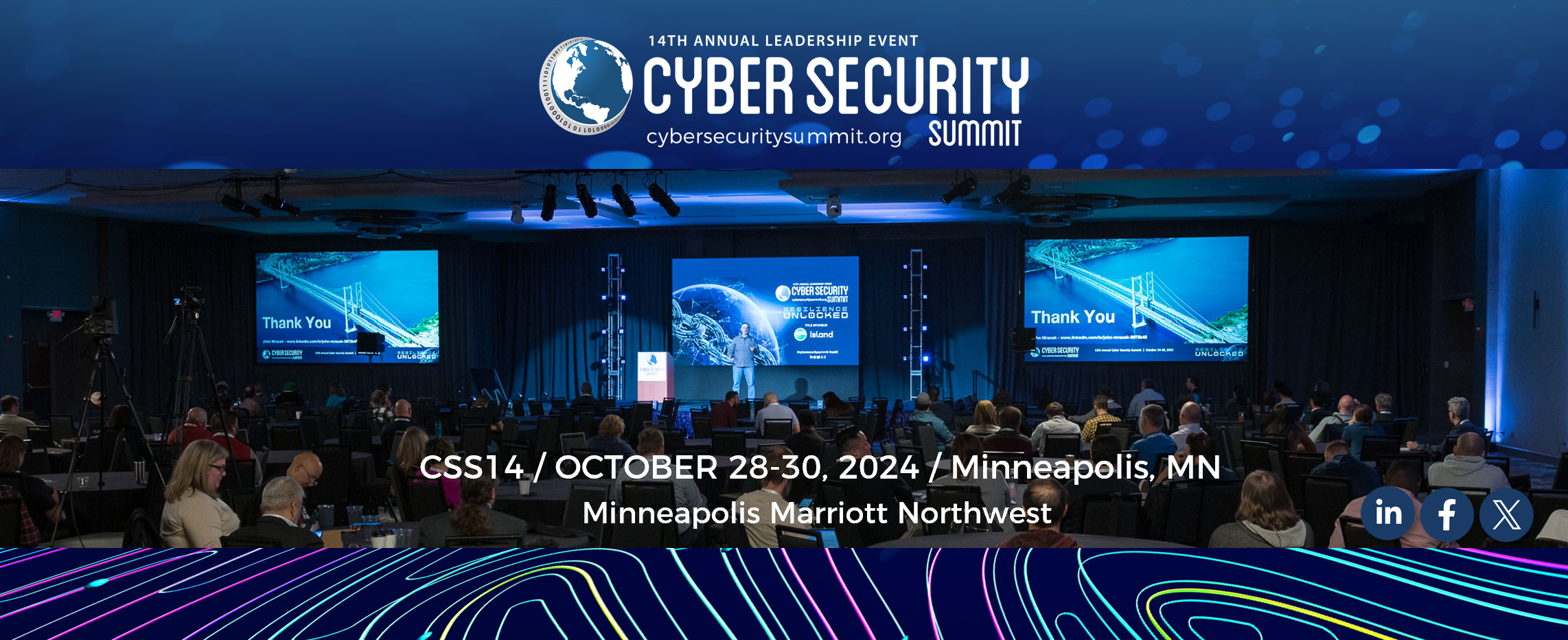By Tom Patterson, Chief Trust Officer, Unisys Corporation
May 21, 2020
The U.S. is at a critical moment in time. We face a backdrop of ever-increasing cybersecurity threats coupled with an ever-increasing dependence on internet technologies critical to almost every facet of our day-to-day lives. And both the security risks we face and our reliance on internet technologies has been all the more magnified as a result of the COVID-19 pandemic that has gripped the world over the past few months.
Now more than ever, people are dependent on their home Wi-Fi networks, connecting with colleagues through platforms like Zoom, and being able to access company data through things like Virtual Private Networks (VPNs). However, as both the FBI and Department of Homeland Security have noted, as our reliance on these technologies has increased, so has the number of adversaries seeking to exploit vulnerabilities for their various benefits including criminal gains, economic shifts, and geo-political advantage.
At its core, the pandemic has been a catalyst for the adoption of a new technological reality. Over the next decade our world will be reshaped by advanced technology, from 5G communications to artificial intelligence, and biometric identities to quantum encryption. And as more things are connected in new ways, all of our risk calculus must change across sectors as broad as financial, communications, energy, healthcare and transportation. Adversaries will use these changes to try to gain the capability to control what people see, say, think and do, and therefore we must adjust our security in an equally advanced way. The trust we place in our infrastructure is vital to our health, prosperity, welfare and growth as a society.
That’s why the White House asked its presidentially-appointed security advisory panel, NSTAC, to study this issue for the coming decade. The National Security Telecommunications Advisory Committee’s report to the president recommended a National Cyber Moonshot that calls for a whole-of-nation approach to address this critical problem that spans six pillars—technology, policy, privacy, ecosystem, education, and behaviors.
Government, industry and academia will require a concerted national effort to rapidly deploy trusted ecosystems of suppliers, dramatically increase the number of skilled cyber researchers and professionals, adopt trusted privacy policies, and ensure users are empowered for protection. The recently released Cyberspace Solarium Commission Report builds upon the NSTAC Moonshot with 80 specific recommendations for changes in Congress, Government, industry and academia to unite these efforts and serve as the bridge for the U.S. government and private companies to work together to address this national threat and capture this great opportunity.
The realities of our new digital world, compounded by the newest reality of the global pandemic, requires that we all rethink how we approach security. Our national security is now inexorably linked to cybersecurity, and the pandemic has exposed weaknesses. It’s time to join together for change, unite around a common plan, and build our society to be resilient to this pandemic and whatever the future holds.

Tom Patterson is the Chief Trust Officer for Unisys. He has served on several public company boards, and advised the FBI, Secret Service, and White House on security issues. Tom will be the keynote speaker at this year’s Cyber Security Summit on Oct 27, 2020 and give attendees an inside look at our nation’s Cybersecurity Moonshot initiative on which he currently serves. Full bio
